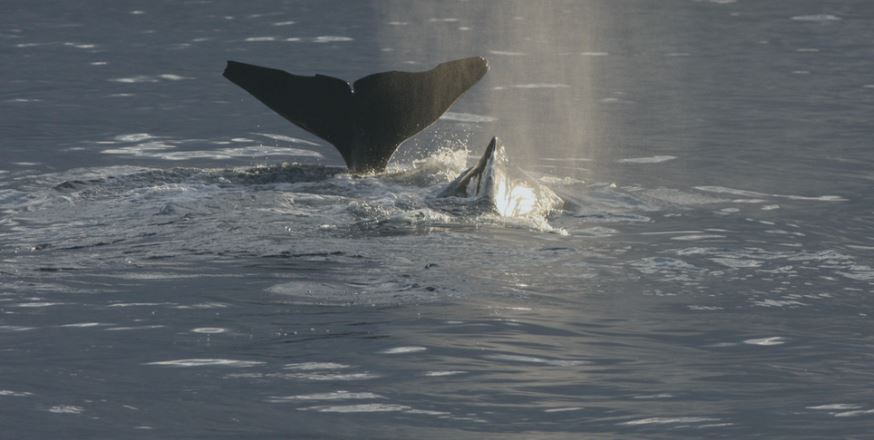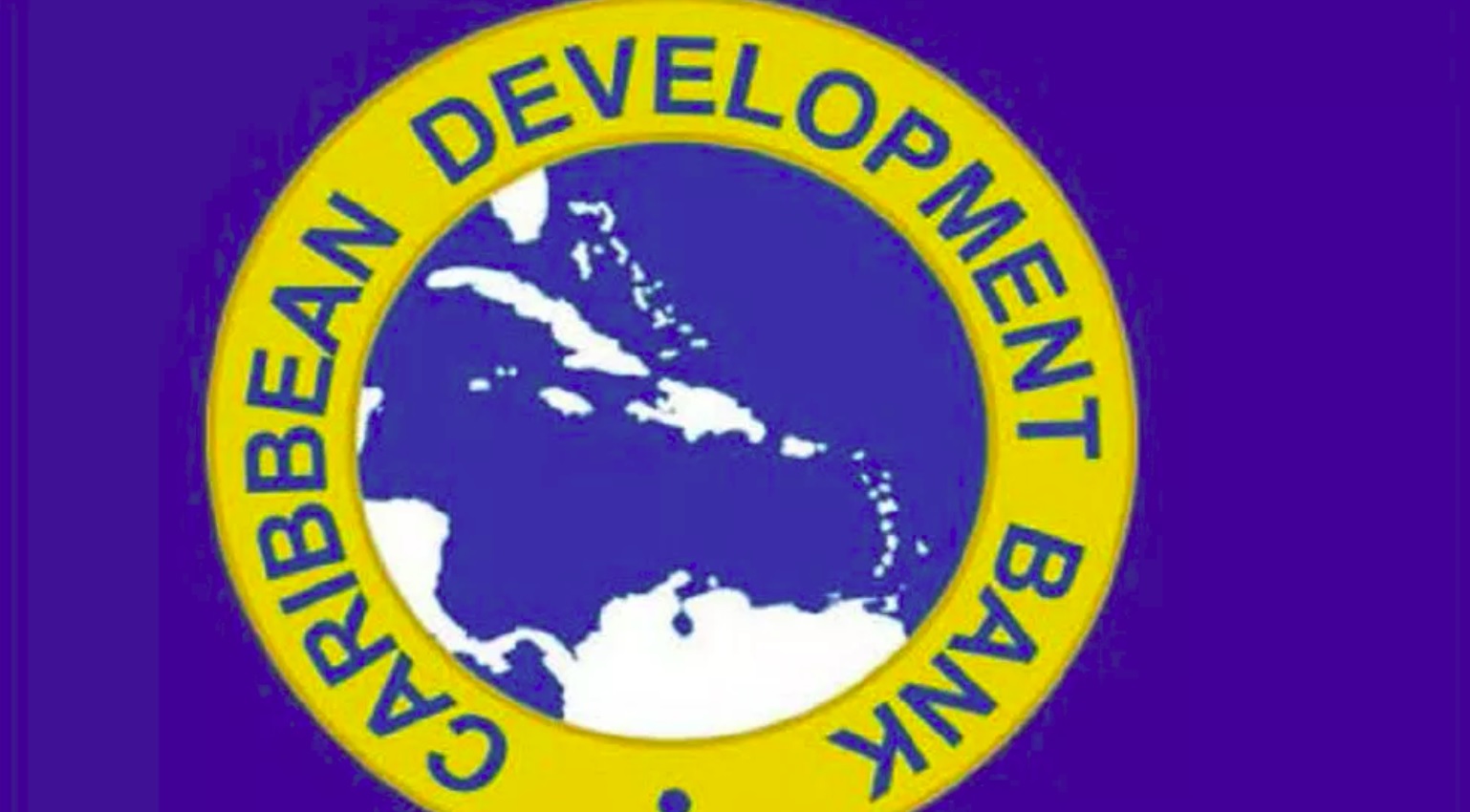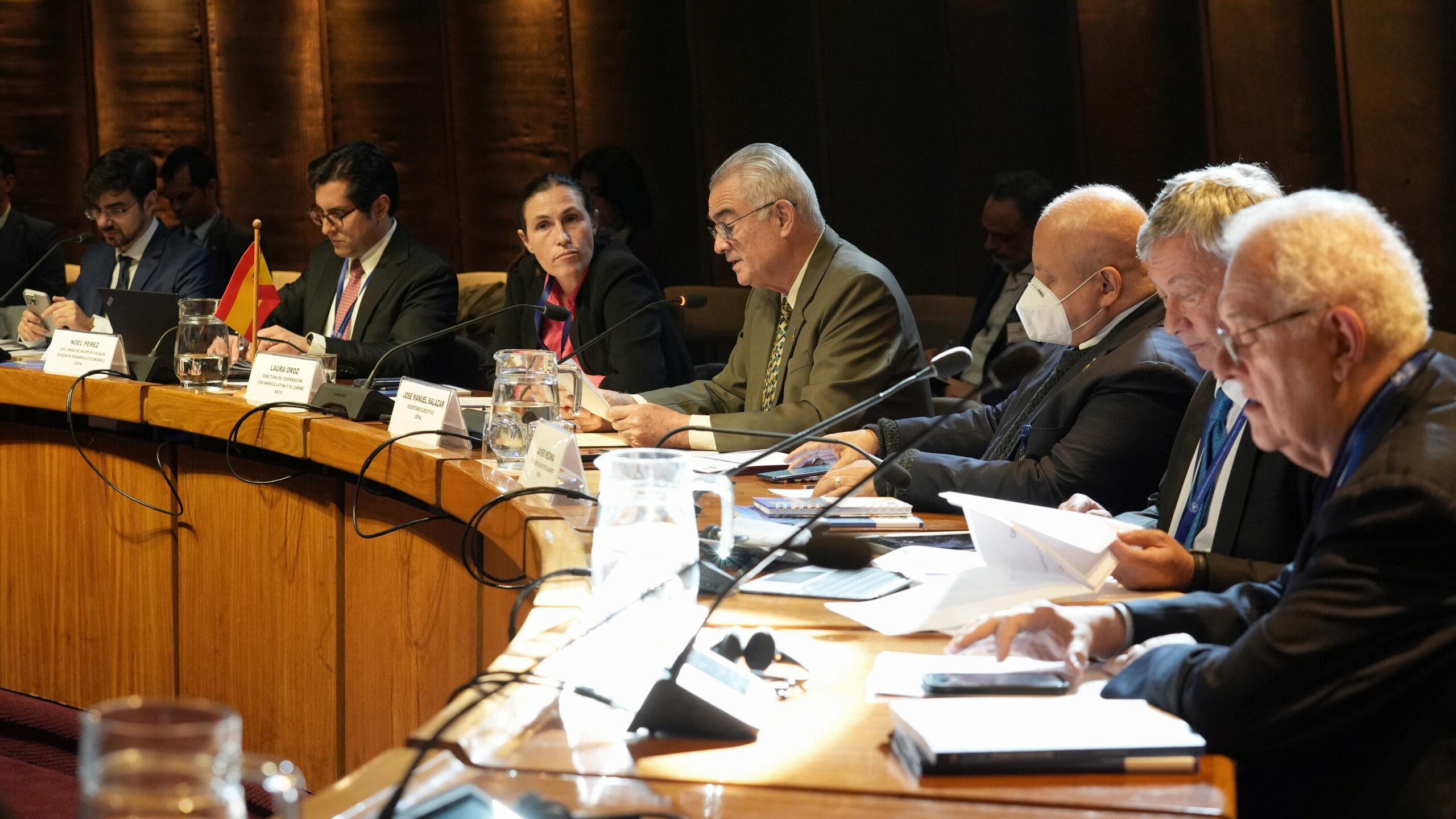Protecting the country’s whales sequesters as much carbon as taking 5,000 cars off the road every year – it also bolsters the local economy and paves the way for other countries to safeguard this at-risk species elsewhere
The government of Dominica announced their commitment to establish a Sperm Whale Reserve off the Caribbean (western) side of the Island nation. The new reserve will help sequester carbon and generate tourism income while also protecting a species under increased threat from human activity. Scientists involved in its planning and establishment assert that protection of almost 800 square kilometers will deliver benefits from the local to the global.
Sperm whales have the largest brains on earth, matrilineal societies, and a complex language. They are the largest-toothed predator on our planet, with males on average 16 meters (52 ft) long – bigger than a school bus. Sperm whales are found in waters worldwide – from Iceland to New Zealand. But Dominica is one of the few countries in the world where sperm whales can be seen consistently throughout the year. Dominica offers a unique habitat where a resident population of sperm whales finds food and shelter, making the west coast of the island critical feeding and nursing grounds.
“The 200 or so sperm whales that call our sea home are prized citizens of Dominica,” said Dominica’s Prime Minister Roosevelt Skerrit. “Their ancestors likely inhabited Dominica before humans arrived. We want to ensure these majestic and highly intelligent animals are safe from harm and continue keeping our waters and our climate healthy. Dominica is honored to establish the first Sperm Whale Reserve on our planet.”
Once the 788 square-kilometer reserve is established, a “Senior Whale Officer” and observers stationed to tourism and research vessels will oversee and reinforce the expanded whale tourism regulations. Sustainable artisanal fishing, which does not interfere with the sperm whales’ behavior or compete with them for food, will be permitted. Visitors to Dominica will have the opportunity to swim with these whales or view them from a boat, but they will do so in more sustainable numbers and under new strict regulations, to ensure that the sperm whales and other species of whales and dolphins aren’t disturbed.
Overlooked Climate Benefits
“Protecting these whales offers an incredible, cost-effective climate solution that has been overlooked by policymakers,” said Enric Sala, the founder of Pristine Seas and an Explorer in Residence at National Geographic. “By protecting sperm whales, Dominica is bolstering its climate resilience. The more sperm whales in Dominica’s waters, the more carbon sequestered in the deep sea, thus helping to mitigate global warming.” Sala has been advising the government of Dominica on the establishment of the reserve.
Whale feces are particularly climate-friendly. Sperm whales dive between 650-1000 meters deep to hunt squid. When they are at the surface between dives, they breathe, rest and defecate. Their nutrient-rich feces – with iron concentrations 10 million times greater than the surrounding water at the surface – foster plankton blooms which capture carbon dioxide from seawater. When the plankton dies, it sinks to the deep sea with the carbon in it, thus becoming a carbon sink and helping to mitigate the impacts of global warming.
Based on a study of carbon sequestration by sperm whales elsewhere, and assuming 250 sperm whales currently in Dominica’s waters, Sala estimated that these whales could sequester 4200 metric tonnes of carbon every year – equivalent to the carbon sequestered by 18,000 acres of U.S. forests in one year.
Sperm Whales Under Threat
“The community of sperm whales which use the waters off Dominica are at risk,” said Dr. Shane Gero, National Geographic Explorer Founder of The Dominica Sperm Whale Project and also Lead Biologist for Project CETI, who was a scientific advisor on the establishment of the reserve. “These ‘island whales’ live alongside humans, preferring this island over others, making our actions in their ocean home their biggest threat. These whales are entangled in fishing gear, ingest our plastic trash that washes into the sea, engulfed in our noise which radiates deep into the ocean where they hunt for squid, and are hit by ships, a particularly heightened threat in the Caribbean, where everything is imported and many vessels transit between islands. All of this comes together to paint a distressing picture for the future of sperm whales.”
Between 2005 and 2015, the numbers of sperm whales in the 12 most-studied families off Dominica have shown a steady decline, seemingly caused by a substantial drop in survival starting in about 2008. If overall trends continue, by 2030 there will be very few animals left.
A Conservation Business Plan
The Reserve will cover less than three percent of Dominica’s waters, which offers enough protection for the sperm whales. Restricting ships to only use designated corridors has been proven to not only reduce the risk of ship strikes and noise in an area sperm whales use for feeding and nursing, but it also reduces the risk of fishing gear being broken by large ships, which in turn protects the whales from entanglement and reduces replacement costs to fishers. A win-win.
“Dominica has the opportunity to show the world how to reconcile marine conservation with responsible use of the sea. A well-designed and regulated whale tourism operation can bring in economic revenue to offset the direct costs of managing and enforcing the reserve – and bring additional benefits to Dominica’s people,” said Kristin Rechberger, the CEO of Dynamic Planet, which advised Dominica on the economic aspects of the reserve. “With a proper conservation business plan, protecting nature is achievable by all countries, large and small.”




